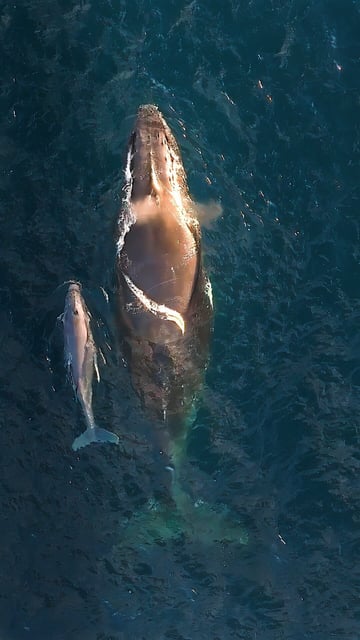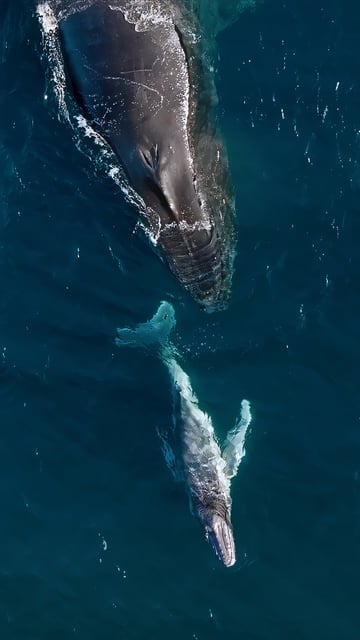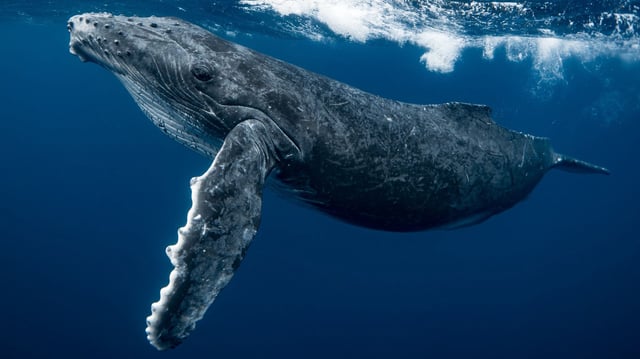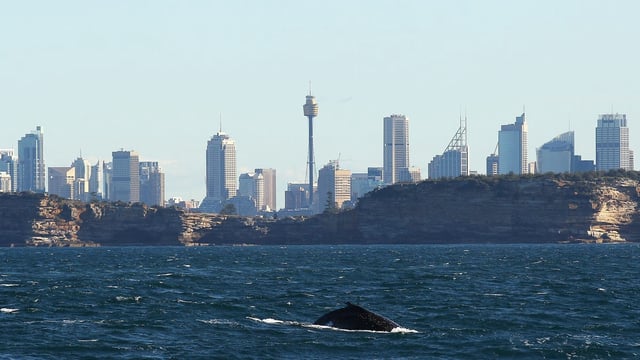Overview
- A study published on May 20, 2025, documents humpback whale calves being born as far south as Tasmania and New Zealand, expanding known calving grounds by 1,500 km.
- Researchers combined 209 records from citizen science, government surveys, and historical data, showing calves immediately continue their northward migration after birth.
- These findings challenge the belief that tropical waters are essential for calving, suggesting humpbacks exhibit greater ecological flexibility than previously understood.
- Newborn calves face increased risks from boat strikes, entanglement, and pollution as they navigate busy shipping lanes and urbanized areas along their migration route.
- The study emphasizes the need for expanded marine protections, public awareness campaigns, and further research to safeguard these vulnerable calves.



